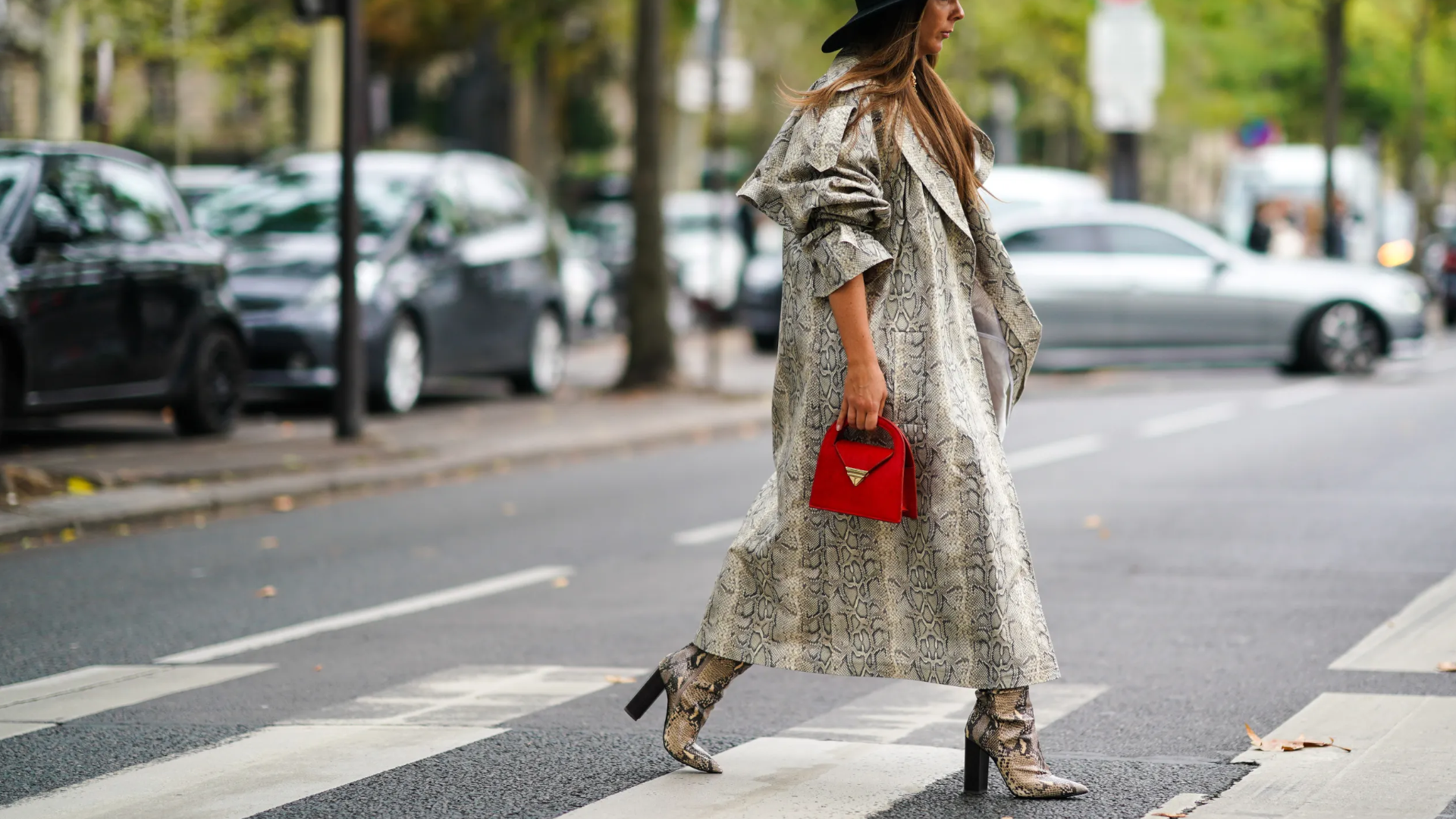Just two years after it prohibited animal fur, Copenhagen has announced exotic animal skins and feathers will also be banned from its fashion week runways.
Shows full of animal feathers and skins at fashion week? Groundbreaking.
That’s the stance organisers of Copenhagen Fashion Week have taken as of late, announcing a ban on collections featuring exotic skins and feathers that will begin next year.
This move has cemented Copenhagen as a leader in ethical fashion, raising the bar to a higher standard for the industry. The decision follows a complete ban on fur and aligns with a broader trend in the fashion world towards cruelty-free practices.
Brands like Chanel and Burberry – and other fashion events in Stockholm, Helsinki, and Melbourne – have already made similar moves, banning fur from their collections. But the use of alligator skins, python heels, and ostrich feathers still hasn’t carried the same stigma that fur does.
In a move praised by animal advocates, Copenhagen Fashion Week has set a precedent by banning exotic skins and feathers from its catwalk.
Get the full story: https://t.co/JZnWDyshGY pic.twitter.com/8Ei7LGXEfH
— Vegan Food and Living 🌱 (@veganfoodliving) April 4, 2024




















